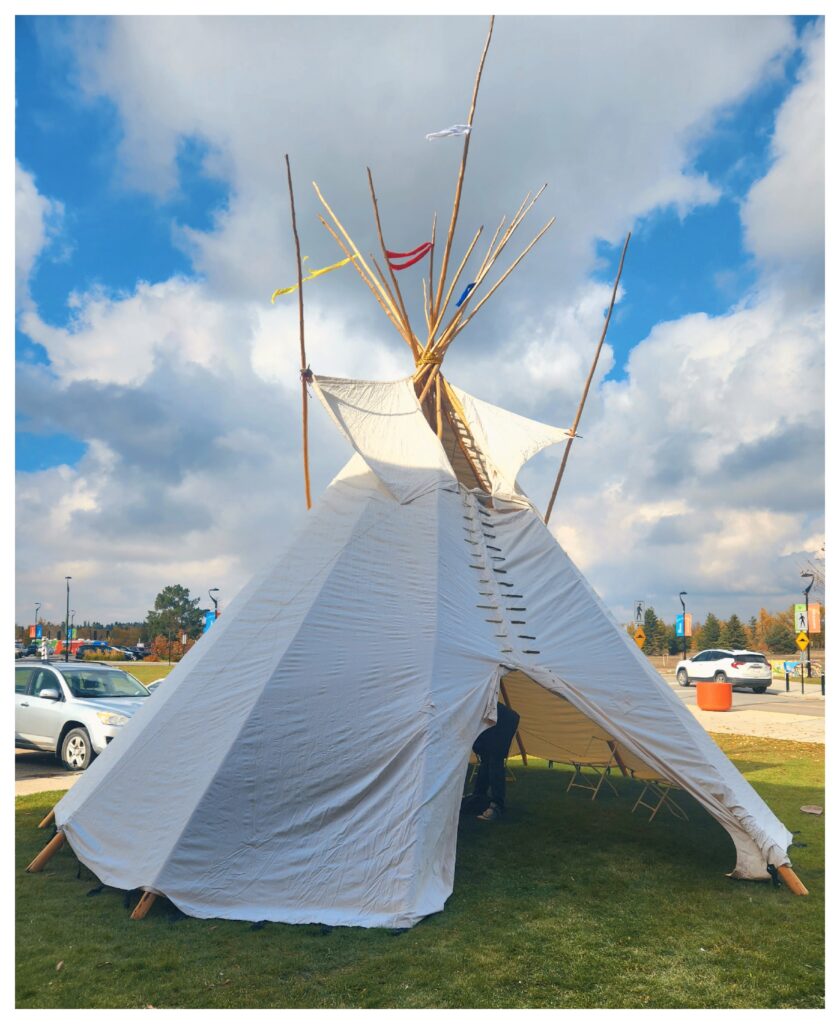
Heritage is steadfast in its commitment to upholding the recommendations of the Truth and Reconciliation Commission of Canada. Specifically, Heritage is dedicated to maintaining Aboriginal families together in safe environments whenever possible and ensuring individuals are placed in culturally appropriate settings, regardless of their residence. Additionally, Heritage prioritizes the training of service providers and programs supporting Indigenous children, youth, and families, ensuring training on the history and impacts of residential schools. Moreover, Heritage emphasizes understanding the potential for Aboriginal communities and families to offer more suitable solutions for family healing while also recognizing the profound impact of residential schools on children and their caregivers (Truth and Reconciliation Canada, 2015).
Heritage fully supports and affirms the declarations made by The Honourable Carolyn Bennet, Minister of Indigenous and Northern Affairs, in May 2016. Minister Bennet declared Canada’s unwavering commitment to the United Nations Declaration on the Rights of Indigenous Peoples, stating, “I’m here to announce, on behalf of Canada, that we are now a full supporter of the Declaration without qualification.”
Heritage affirms the rights of Indigenous peoples as outlined in the Declaration’s Articles, particularly recognizing the right of Indigenous families and communities to maintain shared responsibility for the upbringing, training, education, and well-being of their children by the rights of the child (United Nations, 2007).
Heritage is dedicated to ensuring that our services and support to Indigenous adults and children uphold fundamental principles outlined in the Declaration. The principles we uphold include, but are not limited to, the rights of Indigenous peoples:
- ‘to belong to an indigenous community’ (Article 9)
- ‘to practice and revitalize their cultural traditions and customs’ (Article 11)
- ‘to the dignity and diversity of their cultures, traditions, histories, and aspirations’ (Article 15)
- ‘to the enjoyment of the highest attainable standard of physical and mental health’ (Article 24)
- ‘to determine their own identity or membership in accordance with their customs and traditions’ (Article 33)
- ‘to promote, develop, and maintain their institutional structures and their distinctive customs, spirituality, traditions, procedures, practices’ (Article 34) (United Nations, 2007)
All Heritage, we collaborate with our employees to transform these affirmations into tangible action.
